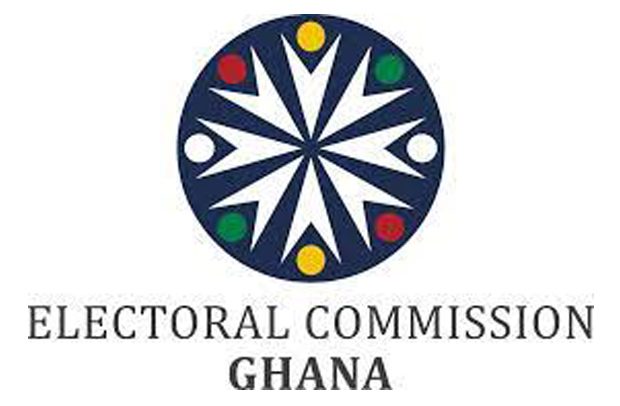The Electoral Commission (EC) has announced a decision to reprint ballot papers for the Ahafo and Volta regions after uncovering issues with the serialisation process during its audit of printing houses for the 2024 elections.
According to a statement released on November 15, 2024, the EC discovered discrepancies in the automated serialisation system used by the printing house responsible for producing ballots for the two regions.
The statement, signed by Samuel Tettey, the Deputy Chairman in charge of Operations, said the system had produced gaps in the sequence of serial numbers, prompting the printing house to adopt a manual method to address the issue.
The statement indicated, however, that upon further evaluation, the EC determined that the manual approach was unreliable and could compromise the accuracy and integrity of the ballots.
It said to maintain global standards and uphold professionalism in the electoral process, the EC decided to reprint the affected ballot papers.
The statement noted that the commission informed political parties of this decision during an emergency Inter-Party Advisory Committee (IPAC) meeting held on the same day.
The statement pointed out that the reprinting would be undertaken by two accredited printing firms: Buck Press for the Ahafo Region and Acts Commercials for the Volta Region.
It said in keeping with established protocol, the defective ballot papers will be shredded and incinerated under the supervision of political party agents.
A destruction certificate will also be issued and signed by these agents to ensure transparency.
“It is important for the public to know that the challenges with serialisation were brought to the attention of the Commission by the EC Team stationed at the said Printing House and also confirmed by the Audit Department of the Commission,” the statement intimated.
It added that no political party raised concerns about the issue, despite their agents being present throughout the printing process.
The EC emphasised that its decision to dispose of the affected ballots was based solely on internal reports and audit findings.
The Commission assured the public that this corrective measure underscores its commitment to ensuring a credible and transparent electoral process.
By Ernest Kofi Adu


